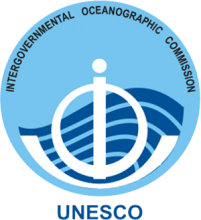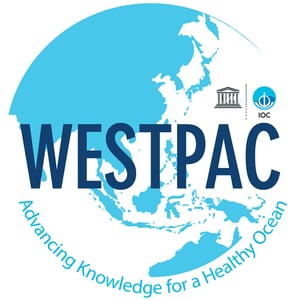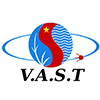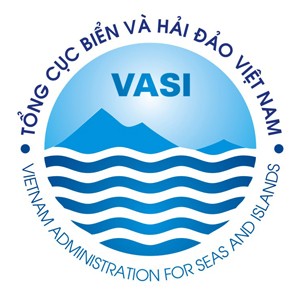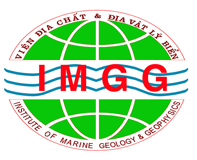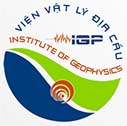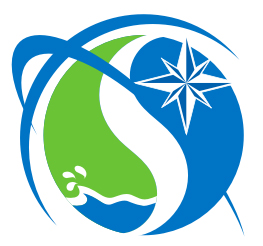WESTPAC is going to organize the Training Workshop on Scientific Diving for Marine Benthic Dinoflagellates Sampling and Processing on 17-21 September 2018, Phuket, Thailand.
This training workshop will be kindly hosted by the Phuket Marine Biological Center (PMBC), with generous financial support of the Thai National Commission for UNESCO, and great technical assistance of the City University of Hong Kong (CityU), Sea Dweller Underwater Academy (SDUA), University of Malaya (UM), and the Second Institute of Oceanography (SIO) of the State Oceanic Administration of China.
Marine benthic dinoflagellates are one of the significant biotic components in tropical coral reef ecosystems. They are capable of producing various kinds of marine biotoxins and these can accumulate along food chains and pose a threat to seafood consumers. In addition to the amount of attention they have gained, owing to their harmful effects, marine benthic dinoflagellates have been identified as an alternative form of renewable energy and as a source of high-value bioactive compounds. Unlike planktonic microalgal blooms which often occur in the upper part of the water column, benthic dinoflagellates remain a mystery. It is therefore essential to sample and identify the benthic dinoflagellate species in the region, particularly of those that are responsible for ciguatera fish poisoning (CFP).
Scientific diving has been commonly used for underwater investigation and sample collection. It is defined as diving performed solely as a necessary part of a scientific research, or educational activity by employees whose sole purpose for diving is to perform scientific research tasks. However, it has been overlooked in the WESTPAC countries and there is no formal scientific diving training in the WESTPAC countries. Lack of scientific diving training, a certification system and reciprocity remain a major obstacle for underwater scientists in the region to technology advancement, international academic exchange and research collaborations with other developed countries. Therefore, scientific divers must be trained to use this tool to a level of proficiency that allows them to focus on the research task and keep themselves safe.
What this training aims to achieve:
This training workshop aims to train young scientists and the government authorities in the region in the standard protocols for introductory scientific diving, underwater sampling, sample processing, culturing and identification of marine benthic dinoflagellates.
How the training will be conducted:
This intensive five-day training workshop will consist of two parallel programmes, with Programme I as an introduction to scientific diving, and Programme II on sample processing, identification and culturing techniques for marine benthic dinoflagellates.
This training workshop is an intensive high-level training held in this region on carefully defined scientific subjects. It will be presented by several tutors of international standing. Their information will be uploaded to the WESTPAC website (http://iocwestpac.org ) shortly.
Who can participate
Most participants, particularly those who are conducting marine benthic dinoflagellates related research, will be identified through the relevant scientific network(s), and/or the nominations of the IOC National Focal Points for WESTPAC. Other participants who are interested to join the event will also be welcome. In particular, for those who are interested in the introductory scientific diving and underwater sampling, please follow closely the requirements as described in The Annex.
There is a very limited resource in support of the international travel of some selected applicants, particularly those from the developing states. A joint committee will be established to select the most suitable participants. Please nominate and/or identify suitable young scientists to this training workshop.
It would be much appreciated if the Registration Form duly completed could be sent to Ms Nachapa Saransuth (This email address is being protected from spambots. You need JavaScript enabled to view it. ) and Ms Kingkanjana Sangtunchai (This email address is being protected from spambots. You need JavaScript enabled to view it. ), with a copy to:This email address is being protected from spambots. You need JavaScript enabled to view it. and This email address is being protected from spambots. You need JavaScript enabled to view it. , preferably not later than 8 August 2018



